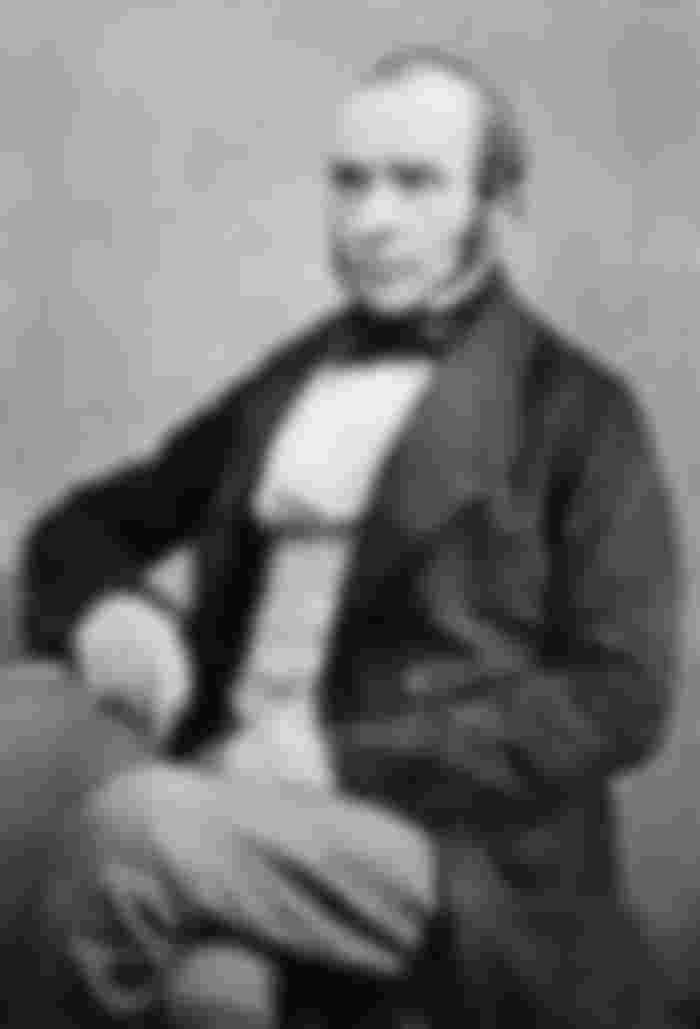
Here, I have a picture of Dr. John Snow, and this is not the famous character from Game of Thrones, but a doctor from the 1800s who discovered the cause of the London cholera epidemic.. He traced it to the poor sewer, waste, and water management of the city.
And in doing so, his discovery allowed for the improvement of water sanitation and waste management. Therefore, cholera is caused by the bacteria Vibrio cholerae, and in the developing world it is the most common cause of bacterial gastroenteritis.
A lot of the symptoms of cholera overlap with the symptoms of the other forms of gastroenteritis, like vomiting and nausea and abdominal pain. But what really sets cholera apart is extreme diarrhea and dehydration.. Unlike other forms of bacterial gastroenteritis, the diarrhea is not bloody.
In fact, it's watery. It kind of has this rice-y, watery-like consistency. In addition, you're producing a lot of diarrhea over the course of a few days. Anywhere from 10 and 20 liters, it's thought to be. This is the equivalent of 10 bottles or so of soda. But because you're losing so much water through diarrhea, you're going to experience some really bad dehydration as well.
Now, you're more likely to contract cholera if you live in areas of poor sanitation, and that's because in areas of poor sanitation, the food and water is more likely to be contaminated.
If you eat this contaminated food and drink this contaminated water, you're very likely to contract the infection. So, once you contract the infection, it first needs to make its way past the acidic environment of the stomach and into your small intestine.
So, here, I have a structure of the wall of the small intestine, and I want to focus on this green layer over here known as the epithelium. These green blocks are all of the epithelial cells. And I want to actually zoom in one of those. So, this is our epithelial cell.
Over here, we have the Vibrio cholerae bacteria. And you'll find the kind of structure that looks like a tail, and that's what the flagellum is called. That flagellum will actually propel the bacteria towards the epithelial cell. So, now that it's in close contact with the epithelial cell, what it'll do is it'll start producing what's called a cholera toxin.
That cholera toxin will then enter the epithelial cell. As it enters the epithelial cell, it'll induce a whole bunch of different biochemical reactions in signal transduction cascades. And in doing so, it'll lead to the ultimate secretion of a whole bunch of things from within the cell into the lumen.
Remember that the lumen is really just the space through which the food and water passes through the small intestine. Now, what gets secreted out? Well, it's mostly ions, things like sodium, potassium, bicarbonate, and chloride. With these ions, water will leave as well.
So, what you're doing is it's almost like you're kind of squeezing that cell. You're not of course physically squeezing it, but you're removing all the contents from the cell. And that's really where the source of the dehydration and the diarrhea comes from. So, not only are you preventing the cell from absorbing water, you're actually removing water from your body.
Now, if you have these kinds of symptoms of dehydration and diarrhea, you may want to go to the doctor to see if you have cholera. What they'll do is they'll order a stool sample. They'll send that sample off to a lab to evaluate its contents.
And that lab will check to see if you have either the bacteria or an antigen of the bacteria. And an antigen is really just kind of like a marker of the bacteria itself. If it does, then we can confirm that the person has cholera.
And the doctor can then give the recommendations for what the person must do, the most common recommendation being to drink a lot of fluids. Now, this is really important for all forms of gastroenteritis, but it's actually critical in cholera, because remember that you're losing about 10 to 20 liters of water through diarrhea.
So, you're going to be severely dehydrated, and you really to drink as many fluids as you possibly can. If it gets severe, you may have to be put on an IV fluid. And in some cases, right, depending on the patient, the doctor may also prescribe them some antibiotics.
This will try to help fight off the infection. But, again, it really depends on the individual person and what the doctor thinks is best for them. Now, like all forms of gastroenteritis, the best thing to do to prevent it is by eating clean food and drinking clean water.
But for cholera, there's actually a vaccination available. When we give vaccinations, you're essentially injecting a dead or almost dead form of the bacteria into the person's body. In doing so, that will actually stimulate the immune system to make antibodies for that bacteria.
That way, when you contract the real, live infection, your body will be well-prepared to fight it off so that you don't have to experience any of those nasty symptoms.
Thank you very much for continuing to appreciate my letters, so I hope you can learn a lesson from them.
Enjoy reading..
